Buying a mobile home in BC - What do you need to know.
Posted by Steve Harmer on Monday, June 8th, 2020 at 11:10am.
 Buying and selling manufactured homes
Buying and selling manufactured homes
Most first-time home buyers only consider site-built single-family homes, but have you considered buying a mobile home or manufactured home? Mobile and manufactured homes, while not as popular, have one big advantage: They typically offer more space or amenities for the money.
Mobile homes, also known as “manufactured homes," are built in a factory and placed on a trailer chassis to allow them to be moved. Mobile homes are sometimes placed in a mobile home park or on leased land. In these cases, the owner rents a space or leases land, but owns the mobile home itself. Alternatively, mobile home owners can place mobile homes on land they own or are buying under contract.
Today's companies manufacture homes at many price points, with options from economy to high-end. You can even purchase a home that looks as if it had been built on site. However, buying and financing a mobile or manufactured home is very different from traditional home buying and getting a mortgage.
Types of mobile homes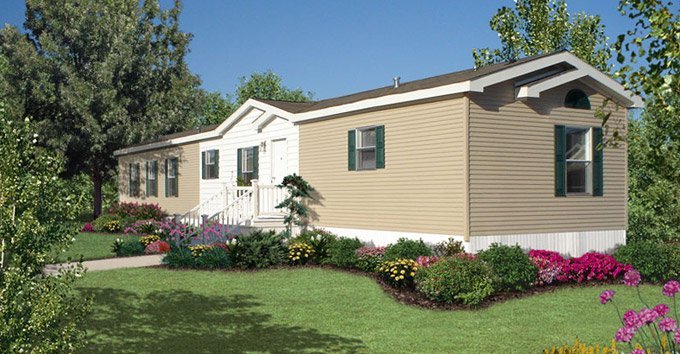
Typically, mobile or manufactured homes give you the option of buying either single-wide or double-wide units. Some companies build triple-wide new homes, as well. Companies manufacture single-wide mobile homes with a narrower frame. Inside, they manufacture rooms that are usually connected to each other rather than separated by hallways.
With a double-wide mobile home, the width is roughly equal to two single-wide units attached to each other, so that the mobile home tends to look more like a stick-built single-family residence.
When you buy a new mobile home, you also must buy or rent real estate where you can place your new home. In more rural areas, lenders commonly use "a land-home package" deal. This bundles private real estate with the purchase of your mobile home, so you make monthly payments on one mortgage.
In urban areas, many mobile-home owners rent or lease lots in mobile-home parks.
With rising house prices in BC, many people are opting to purchase a new or used manufactured home. But what many don’t realize is that manufactured homes are considered to be regulated products 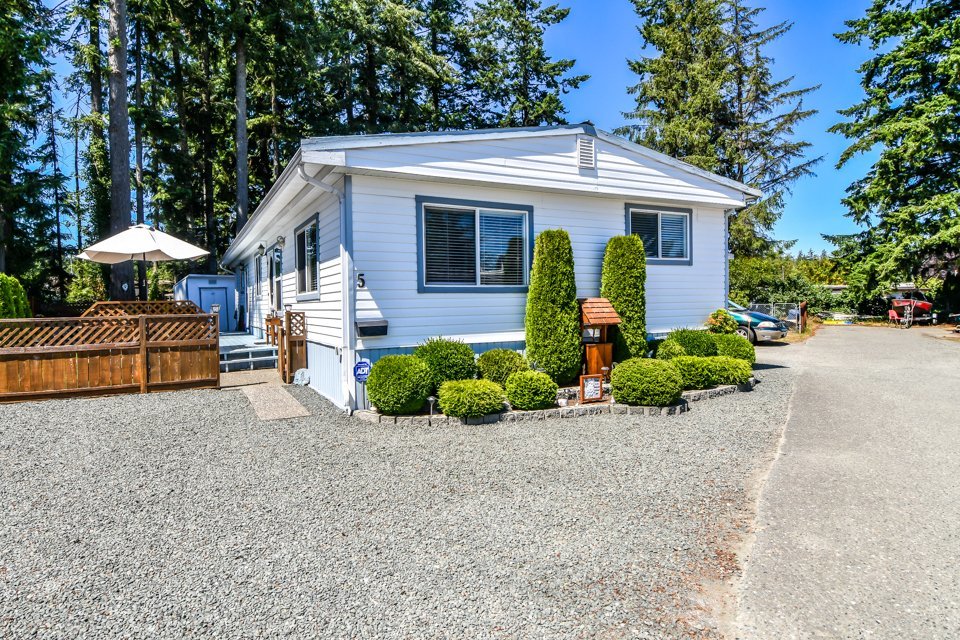 under the Safety Standards Act which means there are specific safety considerations.
under the Safety Standards Act which means there are specific safety considerations.
Here’s what you need to know before you buy or sell one.
How are manufactured homes certified in Canada?
Manufactured homes are required to be certified by a Standards Council of Canada accredited certification body to a nationally-recognized standard prior to sale. Oversight of the production of the product falls to the certification body until the label is affixed and the product leaves the factory. A complete certification provided by the certification body also covers the electrical and gas systems in the product. Technical Safety BC installation permits do not apply here – the product must be certified by an external certification body. Technical Safety BC has a gas appliances Directive and an electrical products Information Bulletin for approved certification marks.
Do used manufactured homes require certification?
Yes. In BC, used manufactured homes may only be offered for sale when they bear evidence of either a mark or a label of a certification agency accredited by the Standards Council of Canada or an approval label (Silver Label) issued by Technical Safety BC. If your manufactured home does not have an acceptable certification mark or Silver Label, you must hire a licensed electrical contractor to inspect your manufactured home. (You can see what your electrical contractor will be looking for here). Next, a Technical Safety BC safety officer will complete a site assessment (inspection) to confirm all requirements have been met. If all of the necessary items have been addressed, the safety officer will approve the inspection and affix the Silver Label to the home. Note: Technical Safety BC certifies the manufactured home itself, not any additions or out buildings. If you have such structures needing approval, please seek guidance from your municipality.
When are permits required for manufactured homes?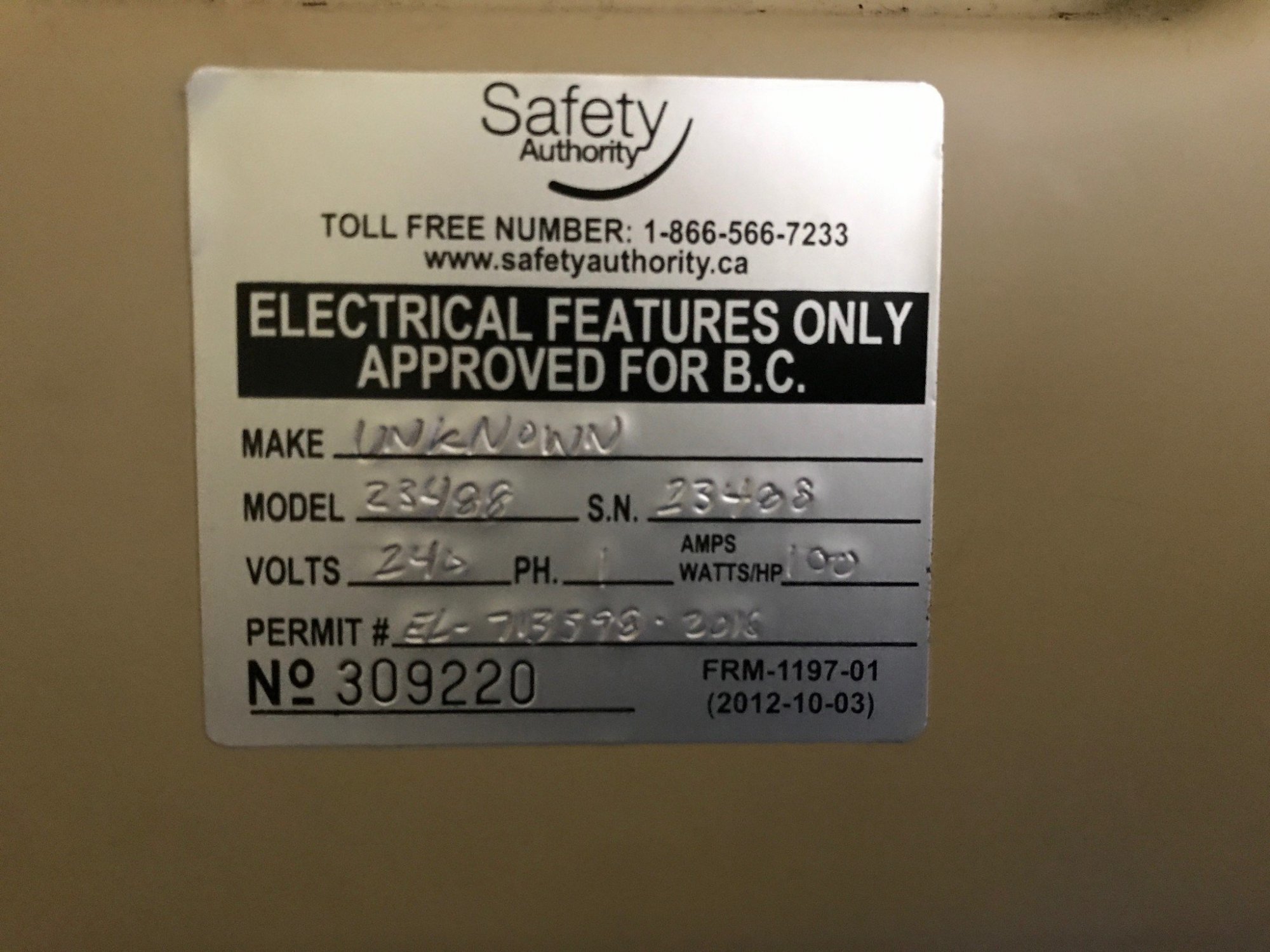
A gas and/or electrical Technical Safety BC permit is required:
- prior to connecting the certified manufactured home to the gas supply;
- prior to connecting the certified manufactured home to the utility or park infrastructure;
- when a licensed contractor is doing regulated work inside a manufactured home, or to an addition connected to the manufactured home.
Mobile Home Financing in BC
A mobile home mortgage in British Columbia can be a tricky thing to find. Here are some of the basics that lenders will consider:
- First thing you should check is if you have a valid electrical certificate. Valid CSA # or the updated Silver Label certifying that the electrical is in order. To learn more visited BC Safety Authority
- Mortgage insurance is required from banks for mobile home financing in BC.
- Mortgage financing is at the banks posted rate and not any of our discounted rates
- Mobile Home’s maximum effective age must be 20 years or less (economic life)
- Maximum Amortization for a mobile home mortgage is 25 years for lease or rental pads and 25 years for mobiles on their own land
- Mobiles can be located on owned land or on lease lots in parks. For mobiles on leased land the mobile must be deregistered. (Speak to your notary or lawyer to find out how to deregister your mobile home)
- If in a park, a (Non-Disturbance) or (Tri Party Agreement) must be accepted by the park owner and the lender.
- Mobile homes in parks pad rental will be included in the borrower’s GDS ratio
- Alternative options for mobile home mortgage lenders
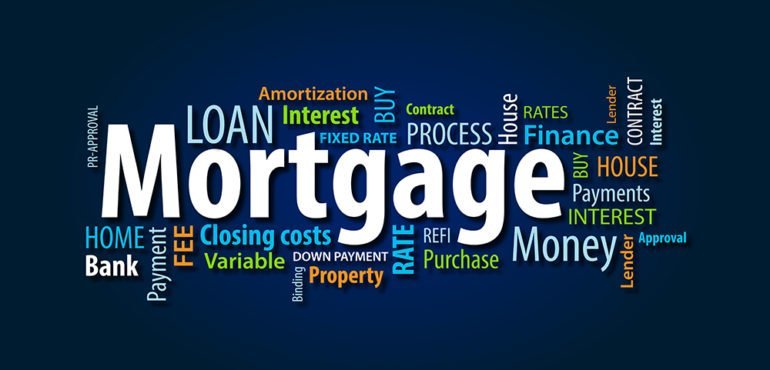 Private Lenders For Mobile Homes
Private Lenders For Mobile Homes
Using a private lender for mobile home mortgages is common due to the many factors in qualifying under the bank rules. Generally Home Equity Mortgages on Mobile Homes will want to consider the following:
- Is the mobile 20 years old or newer or substantially renovated?
- The maximum LTV (Loan to Value) for mobiles in a park, lease or native lease is 65% meaning you will have to have 35% down.
- Mobiles on their own land can qualify up to 75% loan to value. Some locations can be factors.
Costs and insurance
For would-be homeowners who are tired of paying rent, purchasing mobile homes or manufactured homes can seem like an opportunity for home ownership at a price they can afford.
If they can't afford their own lot, they can at least own their own home, while they pay lot rent to a park owner. They can generally afford a newer, more energy-efficient model in a mobile or manufactured home than any house they might find at a comparable price. Since it generally costs less to buy a mobile or manufactured home than to buy or build a traditional single-family home, a mobile or manufactured home loan may also come with a lower down payment.
However, your interest rate may be higher than other single-family home rates, since many lenders see mobile or manufactured homes as a higher risk.
If you get a mortgage on your mobile home, your lender is likely to require you to carry mobile-home insurance for as long as you have the loan. Similar to traditional homeowner insurance, this insurance protects you, and the mortgage holder, in case of natural disasters, damage from fire or loss from theft. When you're considering the cost of a mobile or manufactured home, don't forget to factor in depreciation as an expense. Every type of home depreciates over time, but in the past, housing that was priced separately from land did not hold its value well.
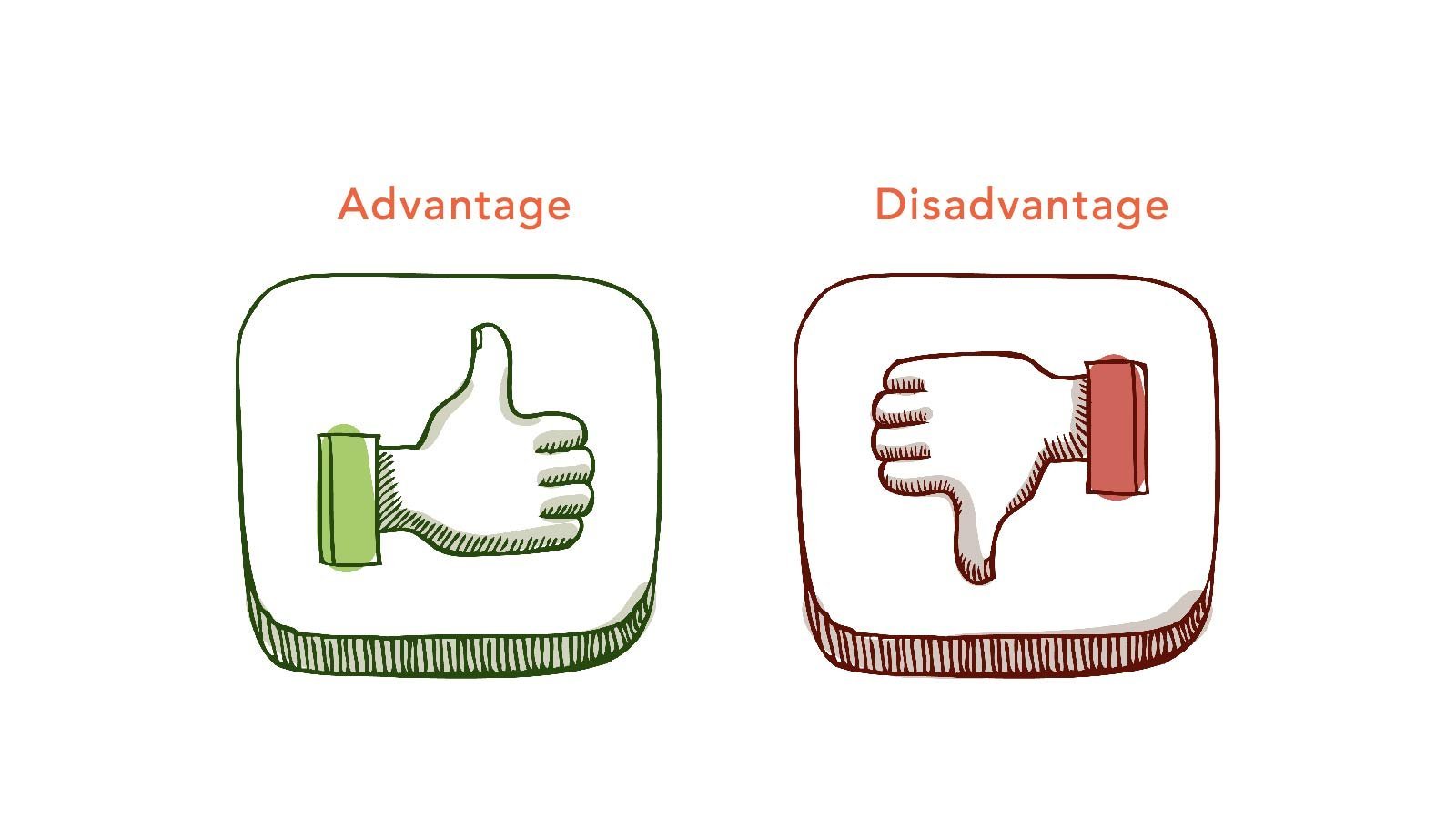 Manufacturer standards improved post-1976, however, and new home buyers should expect the future value of their home investment to depend largely on its location, whether renting or with a home on its own lot, just like other real estate investments.
Manufacturer standards improved post-1976, however, and new home buyers should expect the future value of their home investment to depend largely on its location, whether renting or with a home on its own lot, just like other real estate investments.
Advantages of Buying a Mobile Home
One advantage mobile homes offer is that they are often a lower-cost option to buying a stick built home. In this regard, mobile homes can make homeownership easier to achieve. And since mobile homes usually cost less per square foot than a stick built home, you can get more space for your money.
There are some stick built home builders that have standard floor plans and options that allows them to build homes for prices similar to mobile homes. If you prefer a stick built home, you might look into whether such a builder is in your area so that you can compare the quality of construction with a newer mobile home.
Another advantage you might find with mobile homes is flexibility. Since mobile homes are usually more affordable than a stick built home and only semi-permanent, if you own land, you can place a mobile home on it now and remove it in the future. This might be an option if you are uncertain you want to own the land long term, do not want to commit to a stick built home now, or cannot afford a stick built home right now.
Although mobile homes are not easily moved once set-up, they are easier to move than a stick built home. Once a stick built home is built, it is more or less there permanently.
An additional advantage that mobile homes offer is that they are usually built in controlled environments. This means they can be consistently built to a high standard. And because they are manufactured in such conditions, construction delays due to weather or difficulty scheduling subcontractors are less likely.
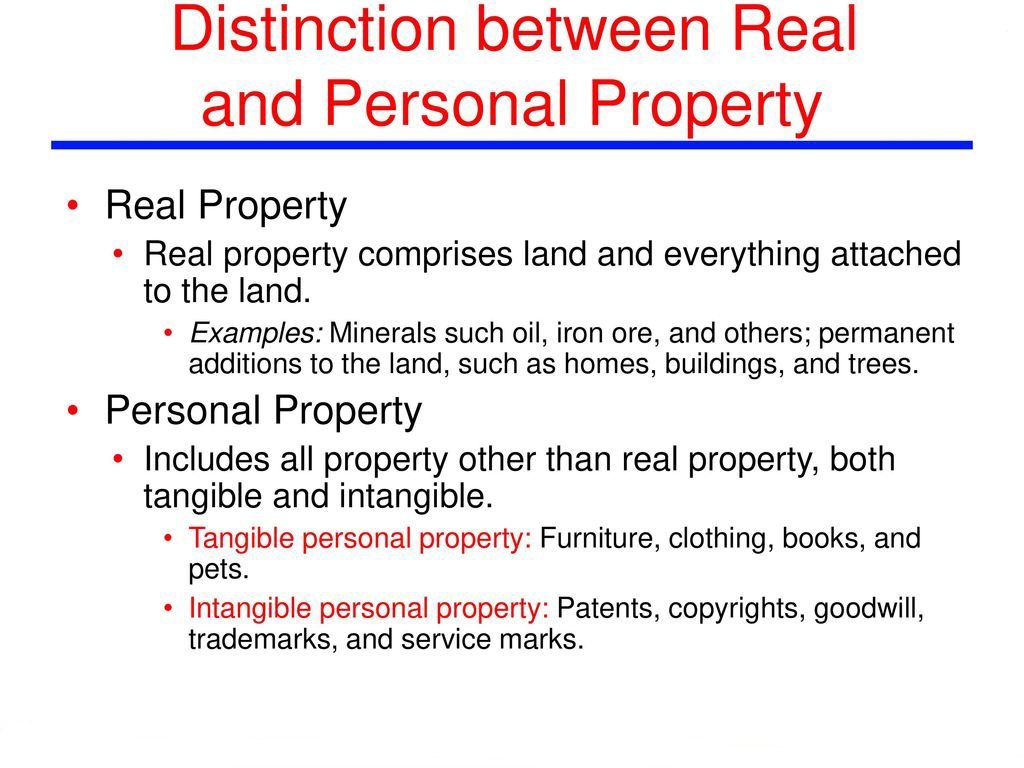 Disadvantages of Buying a Mobile Home
Disadvantages of Buying a Mobile Home
A disadvantage of buying a mobile home is that its value will depreciate quickly. Like a new car, once a mobile home leaves the factory, it quickly drops in value. Stick built homes, on the other hand, normally appreciate in value over time because the stick built home owner almost always owns the underlying land. A person who owns both the land and the mobile home may see the value of the combined property increase over time, but that is likely the result of the underlying land increasing in value, not the mobile home.
One reason mobile homes depreciate in value is because they are personal property, not real property. “Real property” is defined as land and anything attached to it permanently. Anything that can be removed without “injury” to the land is not real property. Personal property, on the other hand, is anything that is movable and not classified as real property. Even though mobile homes are not easily removed from land once placed, they are still considered personal property (although in many locations a person who owns both the mobile home and underlying land can convert the mobile home to real property by taking some affirmative steps). On the other hand, stick built homes are considered part of the real property.
A related disadvantage is that mobile homes, because they are personal property, are usually more expensive to finance. Personal property loans, sometimes called “chattel loans,” usually come with higher interest rates and shorter terms than a mortgage loan.
Additional disadvantages to mobile homes have to do with them typically being located in a mobile home park. Despite "owning" your actual home, you will still have a landlord, to whom you will have to pay rent and answer to for your compliance with park rules. The landlord may at some point decide to evict you, in which case you'll be faced with either moving or selling your mobile home.
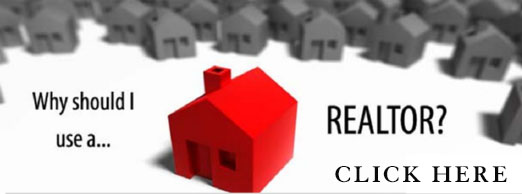 Mobile homes are not easy to resell, especially when located in a mobile home park. Because they are relatively immobile after being set up, unless the buyer wants to keep the mobile home where it is, finding a buyer can be a challenge. It can cost several thousand dollars to move a mobile home.
Mobile homes are not easy to resell, especially when located in a mobile home park. Because they are relatively immobile after being set up, unless the buyer wants to keep the mobile home where it is, finding a buyer can be a challenge. It can cost several thousand dollars to move a mobile home.
This may not be a disadvantage, though, if the mobile home and land are sold together, just like a stick built house. However, despite significant advances in the quality of mobile home construction, there is still a stigma attached to mobile home ownership that may turn some buyers off.
A final disadvantage is that, unlike stick built homes, which are built on permanent foundations, mobile homes are usually placed on temporary foundations. During a natural disaster, like an earthquake or severe storm, mobile homes can be more prone to damage.
Modern mobile homes can provide a quality, cost-effective alternative to a stick built home. However, they have some disadvantages to stick built homes that you need to consider. Factors to consider, such as costs, laws that impact mobile home value, and low cost stick built alternatives, vary from region to region, so be sure to do your research.

